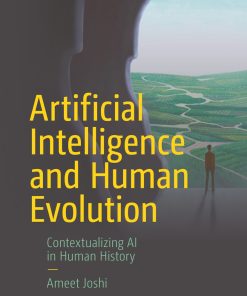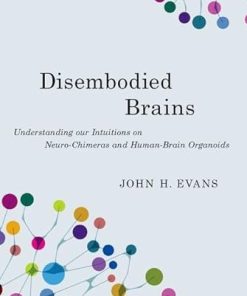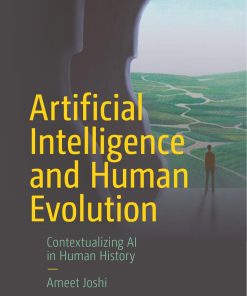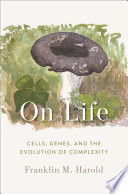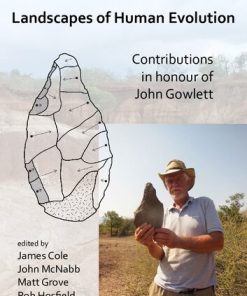Human Evolution: Bones, Cultures, and Genes John H. Langdon
$50.00 Original price was: $50.00.$25.00Current price is: $25.00.
Human Evolution: Bones, Cultures, and Genes – Ebook Instant Download/Delivery ISBN(s): 9783031141560,3031141563, 9783031141577, 3031141571
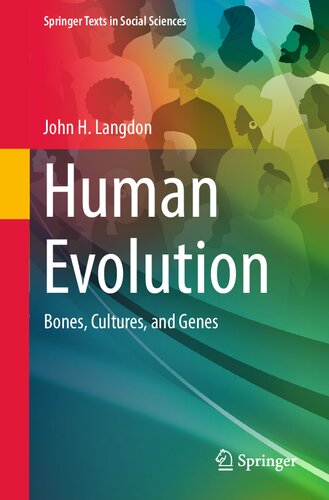
Product details:
- ISBN-10: 3031141571
- ISBN-13: 9783031141577
- Author: John H. Langdon
This is an introductory textbook for the study of human evolution, and covers all major topics of human origins taught under paleoanthropology, anthropology, archaeology, and evolutionary biology courses. The book has an engaging and lucid style suitable for those entering the field. Students will find ample case studies, illustrations and examples helpful in understanding difficult concepts. Tables, timelines, and maps in every chapter include data summaries and key points. The book highlights peripheral points and background concepts in side boxes for easy reference and lists key ideas at the end of each chapter. This up-to-date and easy to read text is suitable for both classroom study and self-learning.
Table contents:
Part I. Introduction
1. The Reflection in the Mirror
2. Background: Evolutionary Classification and Fossil Dating
3. A Primate Heritage
Part II. The First Hominins
4. Miocene Hominoids
5. The Early Hominins: Australopiths
6. The Ecological Context of Early Hominin Evolution
7. Understanding Australopiths
8. The Evolution of Bipedality
Part III. The First Humans
9. The Earliest Humans in Africa
10. The First Technology
11. Diet of Early Homo
12. Evolution of the Brain
13. Leaving Africa
Part IV. The Middle Pleistocene
14. The Erectines of Asia
15. Erectines of the West
16. Behavior in the Middle Pleistocene
Part V. The Emergence of Modern People
17. Late Pleistocene Homo and the Emergence of Modern Humans
18. From the Middle Paleolithic to the Modern Mind
19. Modern Humans Disperse From Africa
20. Distributing Modern Peoples
21. Life History and Reproduction
22. Evolution Today and Tomorrow
People also search:
Human Evolution: Bones, Cultures, and Genes
How has culture shaped human evolution
7 stages of human evolution
culture of early humans affect their evolution
Why are cultural remains so important in interpreting human evolution
You may also like…
Computers - Artificial Intelligence (AI)
Politics & Philosophy - Anthropology
The Pleistocene Social Contract: Culture and Cooperation in Human Evolution Kim Sterelny
Medicine - Neuroscience
Fiction - Women's Fiction
Biology and other natural sciences - Biostatistics
Computers - Artificial Intelligence (AI)
Science (General) - Theories of Science
Biology and other natural sciences
Landscapes of Human Evolution: Contributions in Honour of John Gowlett John Mcnabb
Uncategorized




